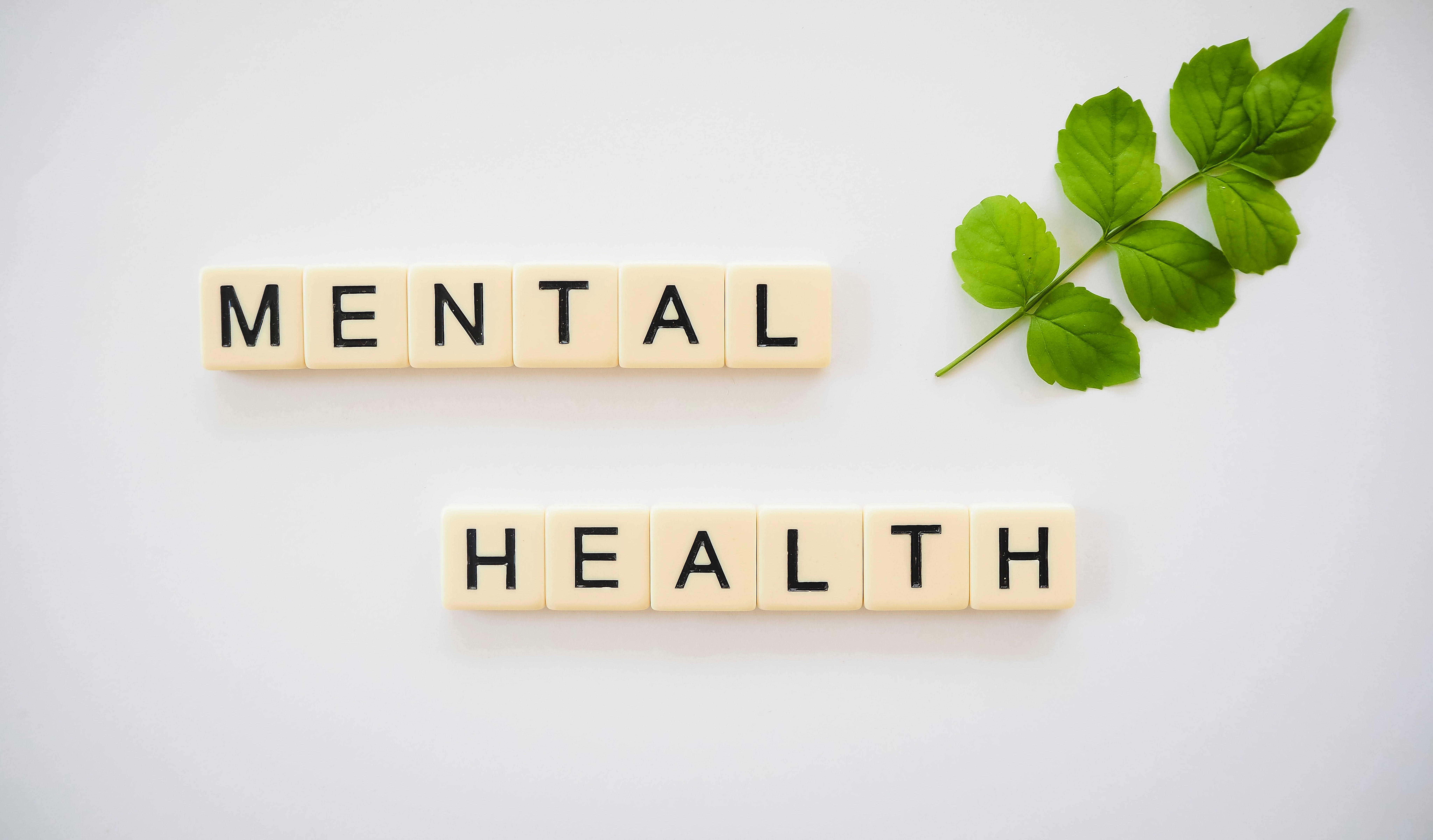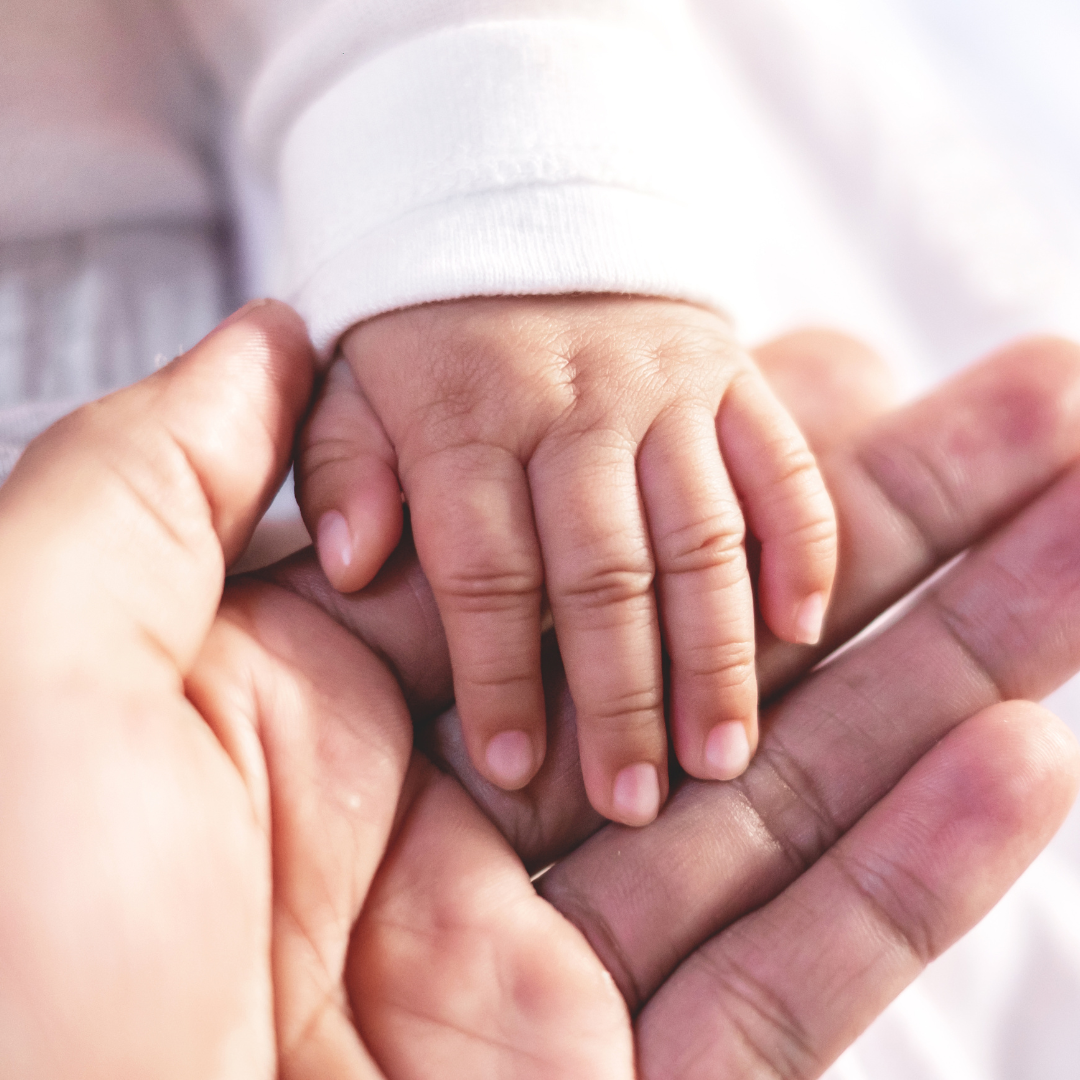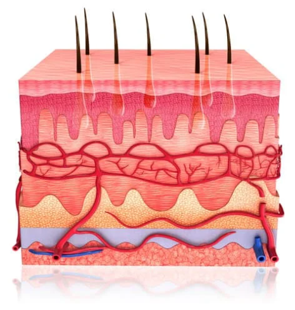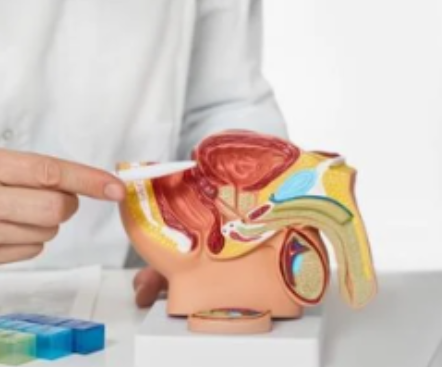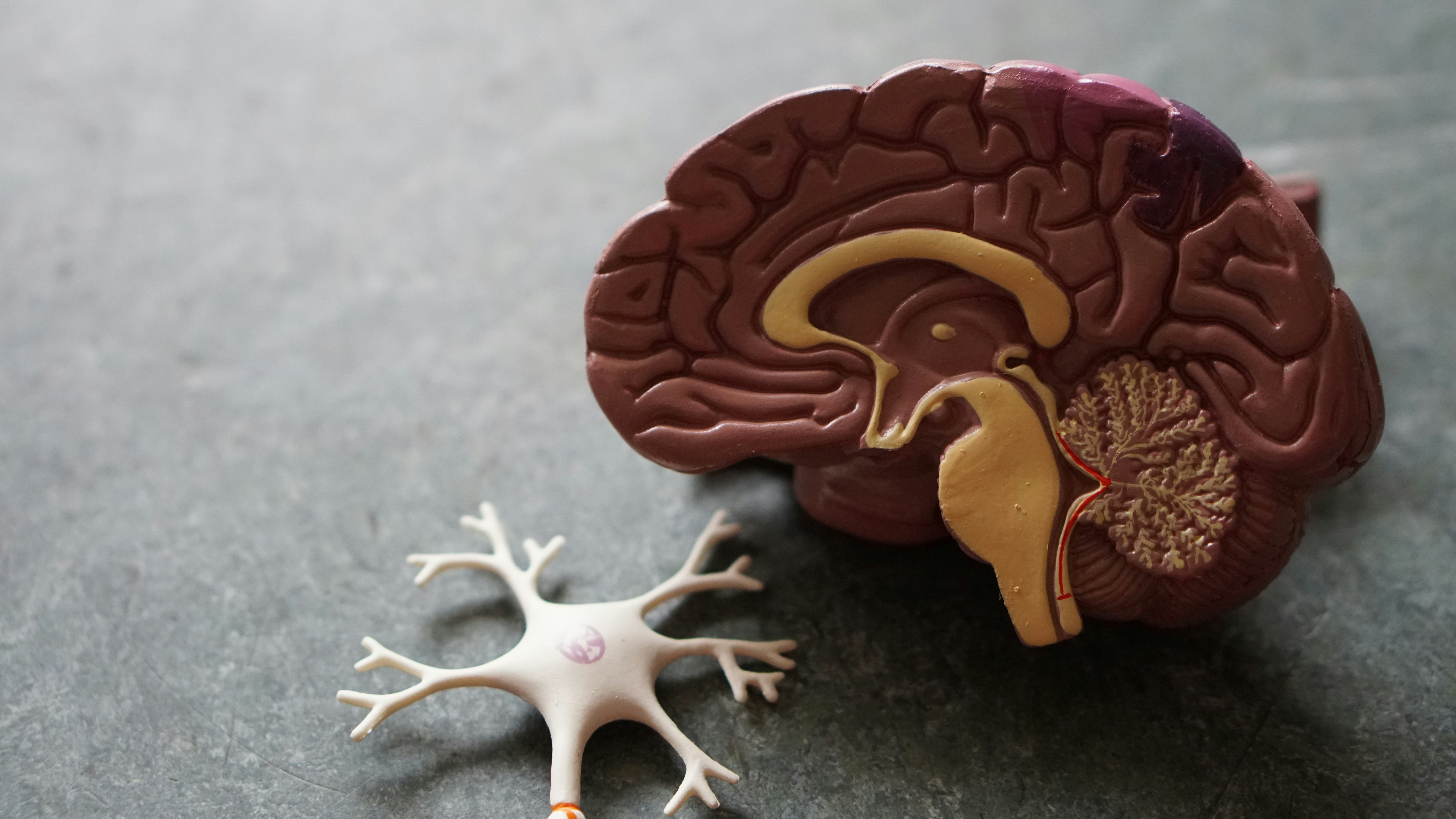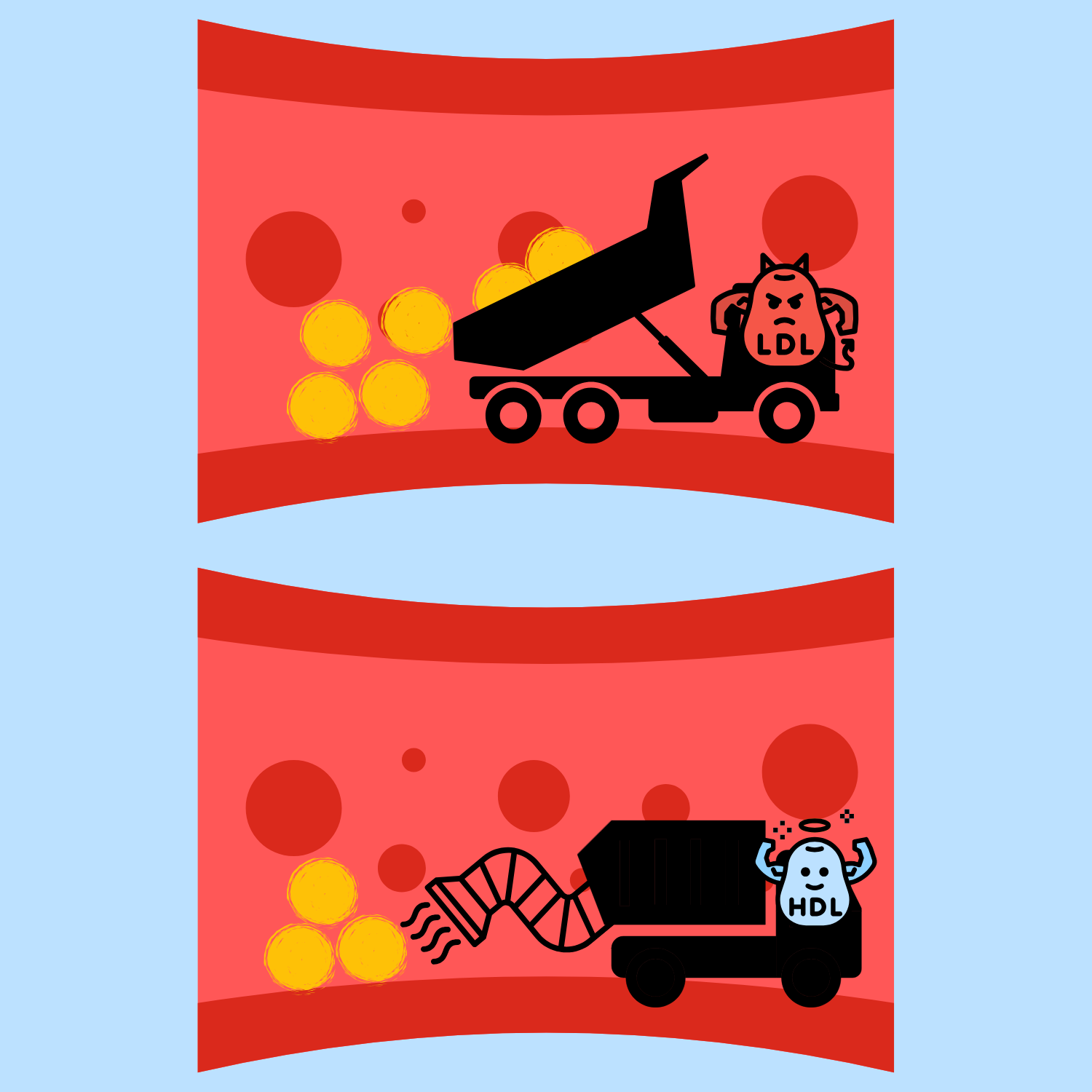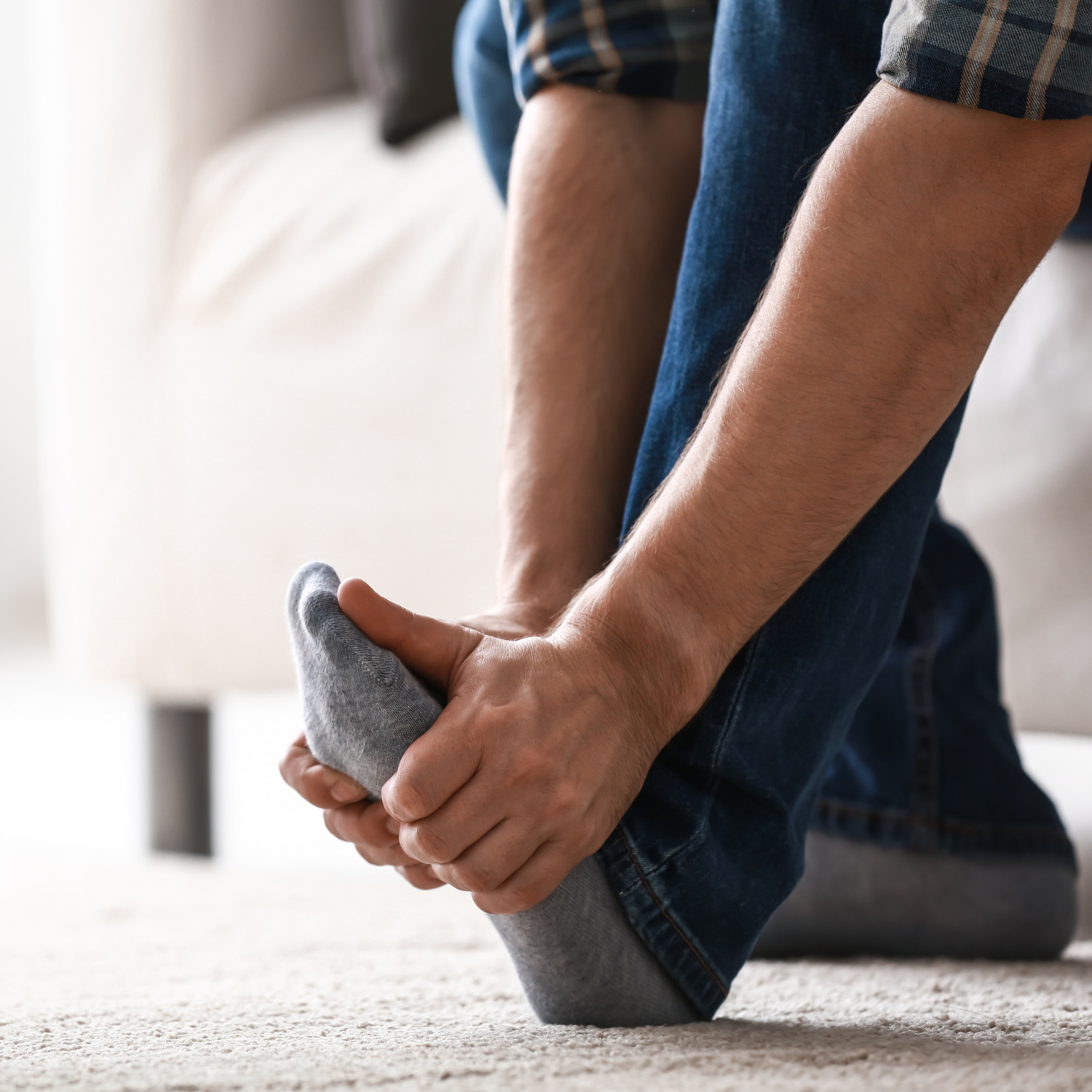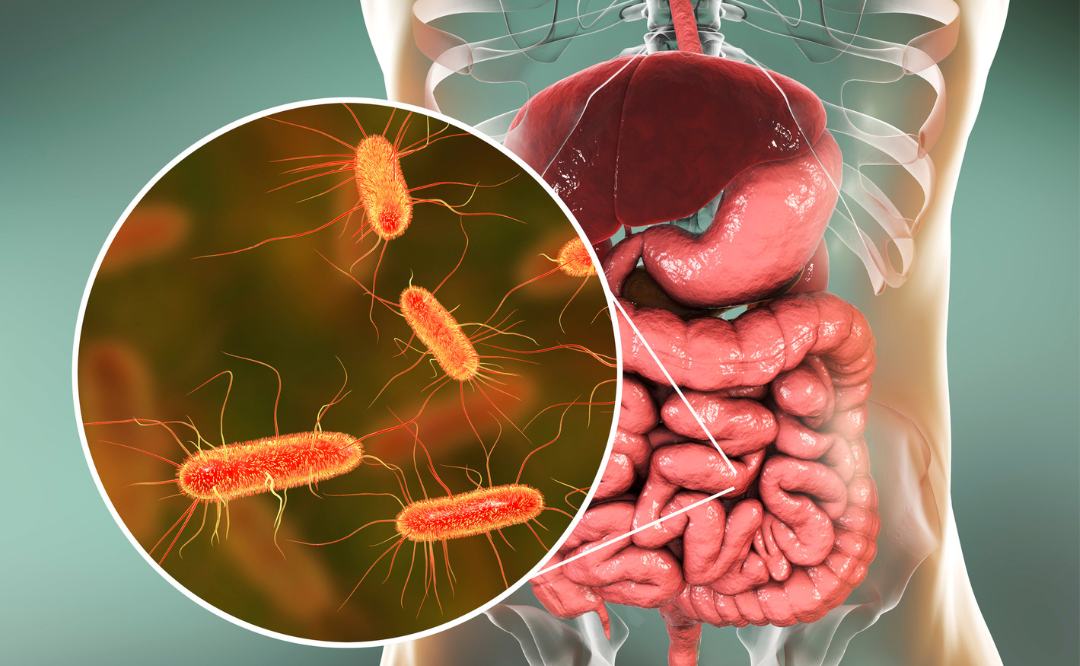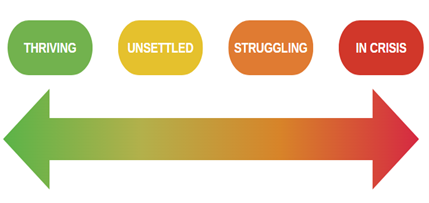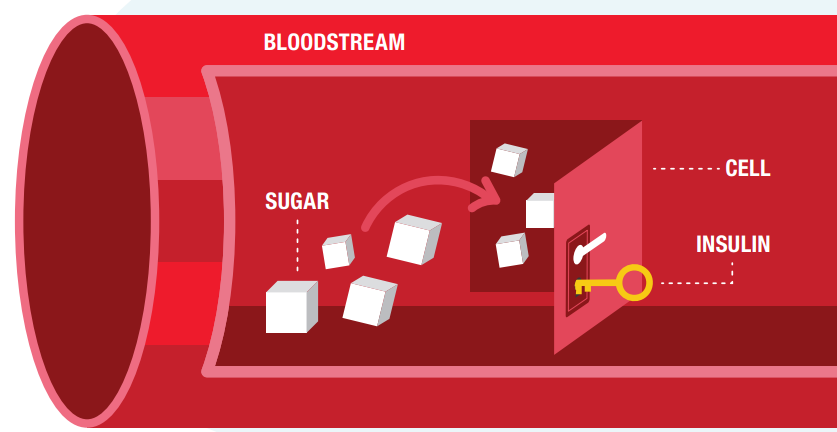

As a parent, you spend years dedicated to the well-being of your children. You try your best to prepare your kids to be successful on their own and before you know it, they are grown up and moving out of the house. This life stage for parents is commonly referred to as becoming an empty nester. When the time comes for your little birds to leave the nest, a host of complicated emotions can arise. Let us outline some common experiences of parents as their children leave home and some strategies to prepare for, cope with, and make the most of this next stage.
When your last child leaves home on their own adventure, you might feel like you have lost your purpose or a piece of your identity. Grief and depression are common, as well as anxiety about what comes next, or how your children will manage. You might feel restless, not knowing how to spend your time. On the other hand, you may feel relief that your children are off on their own, leaving you with fewer responsibilities. This relief can be associated with guilt or maybe not. You might simply feel excited about watching your kids take on their next chapters! Responses to becoming an empty nester vary widely. The transition period can last for weeks, months, or sometimes years.
If you are approaching or dealing with an empty nest, here are some steps to help you cope:
1. Reflect on a job well done: A child leaving home can be a sign of mature independence. Take time to be proud of yourself!
2. Accept whatever you are feeling: There is no right or wrong way to feel about a child leaving home. There is no need to feel uncomfortable if you experience more or less emotions than a partner, a friend, or anyone else.
3. Focus on self-care: Give yourself the care you give your kids! Use your newfound time to care for yourself in ways you might have missed.
4. Create your dream routine: Routines of parents often revolve around their children. With an empty nest, you may no longer have a routine. Creating a routine that works for you can help you find joy and purpose during this change.
5. Rediscover old passions: Think about what you did before you had kids. What hobbies would you like to start again?
6. Try new activities: It is never too late to try something new! Take up a new hobby, join a club, or volunteer! Learning a new skill and connecting with others can be rewarding.
7. Reconnect: Spend more time with your friends or partner. Try taking up a new activity together or visit somewhere you have both wanted to go.
8. Seek support: When you need it, reach out for help. If you are struggling with this new stage of life, speaking to a friend or seeking out a therapist can be great assets.
Parents who prioritize themselves also model healthy habits for their children. You do not have to wait until after your children leave to start preparing and caring for yourself. Starting these steps early will make the transition easier. You’ve got this!
Writer: Amy McKeown, Health Promotion Coordinator
































